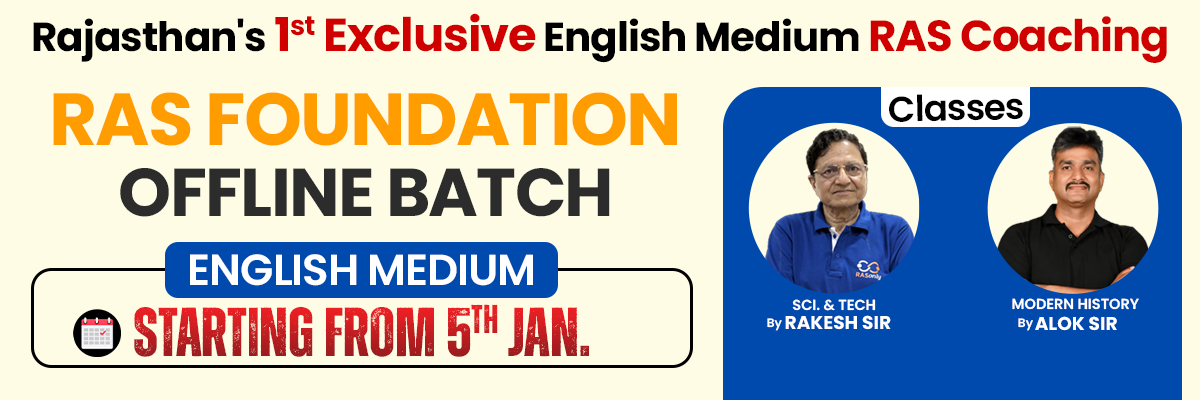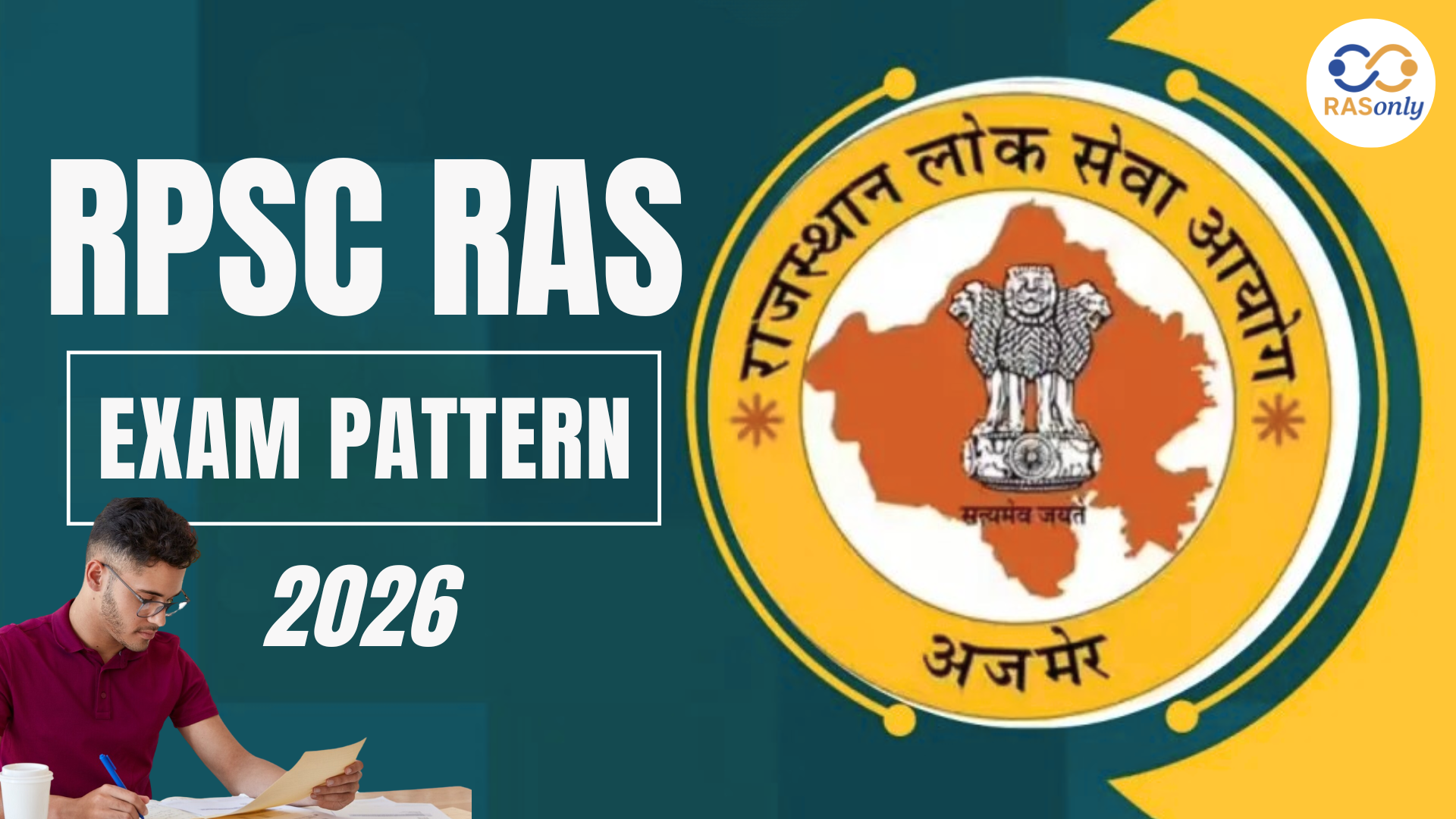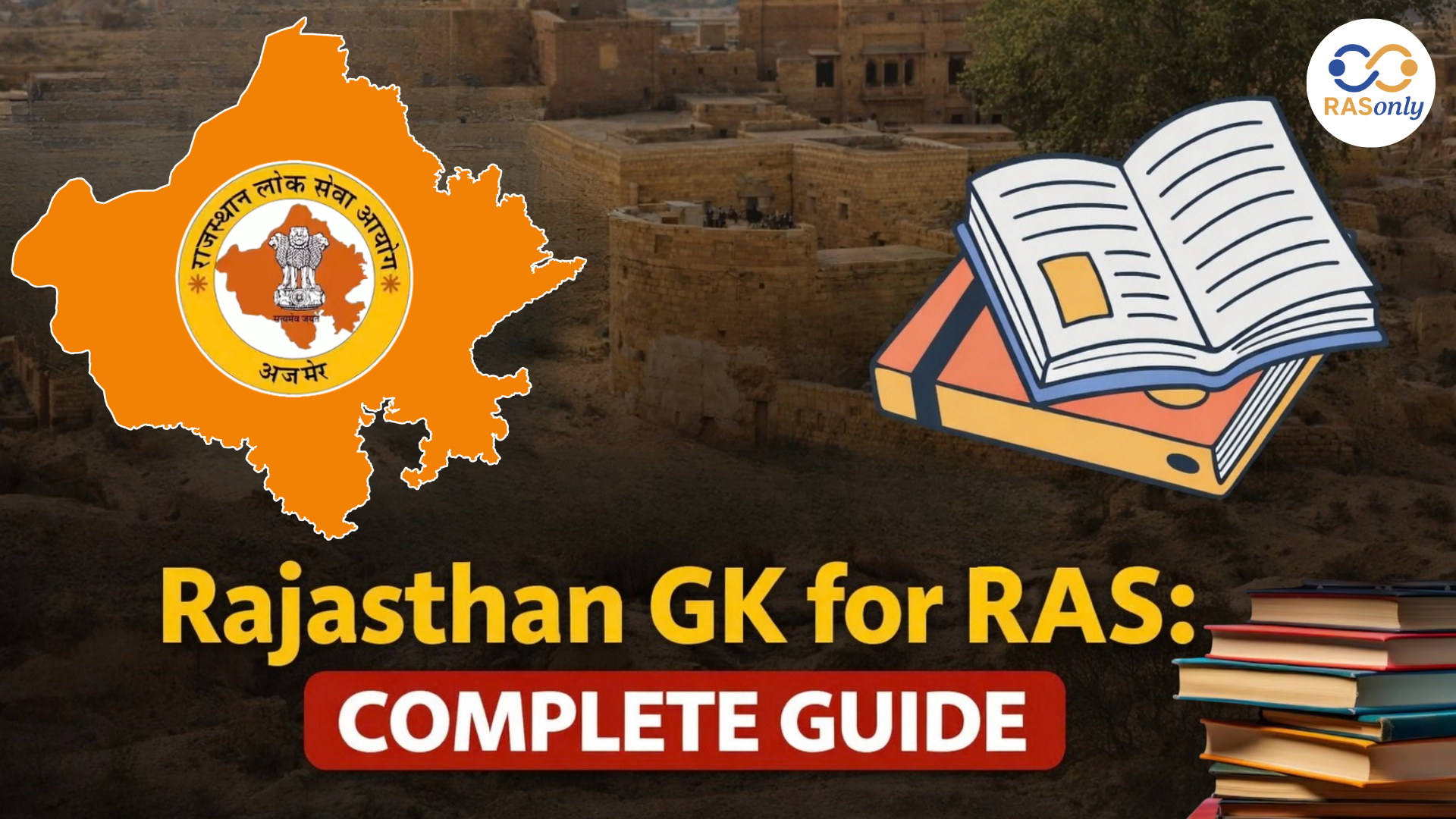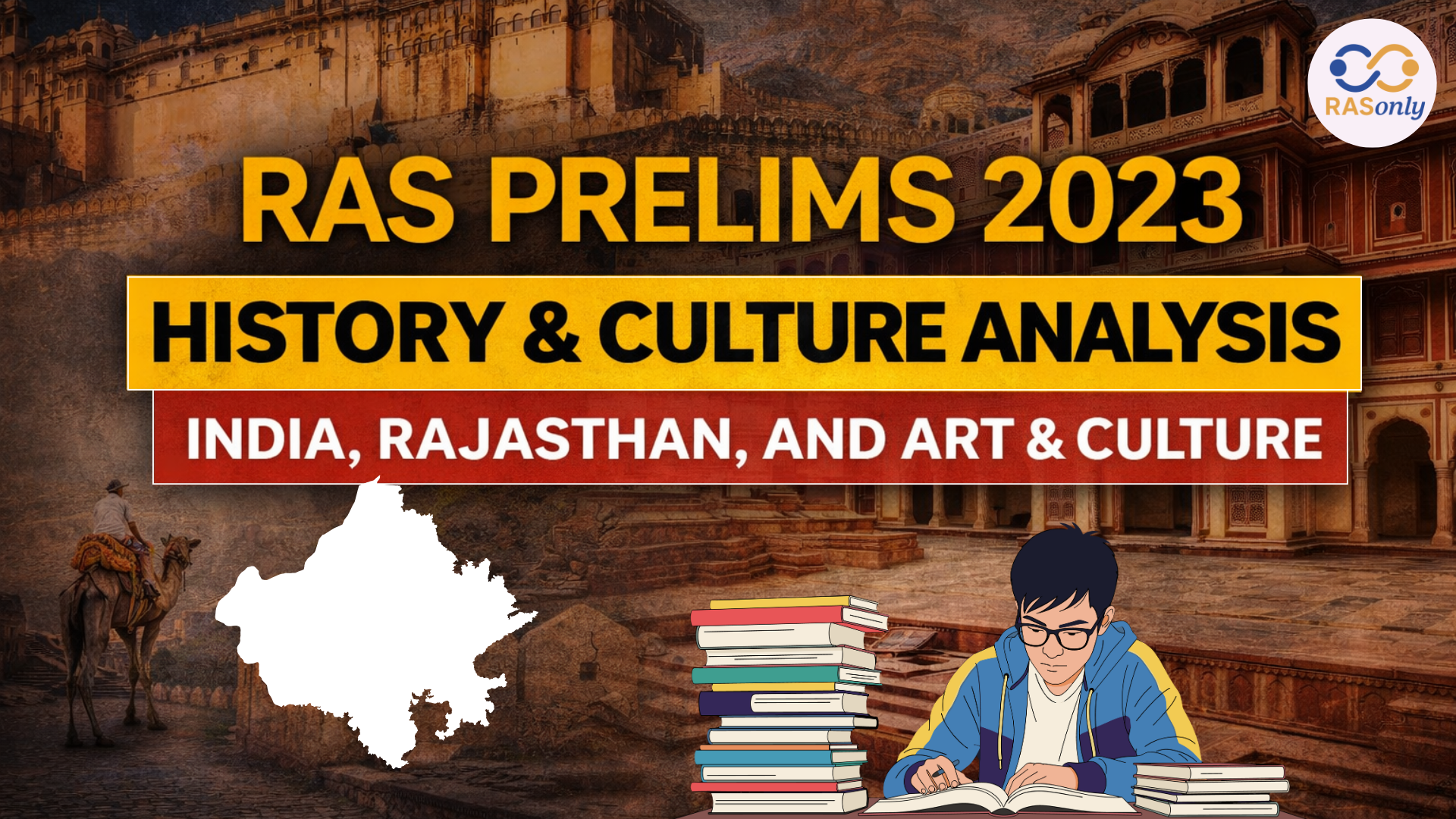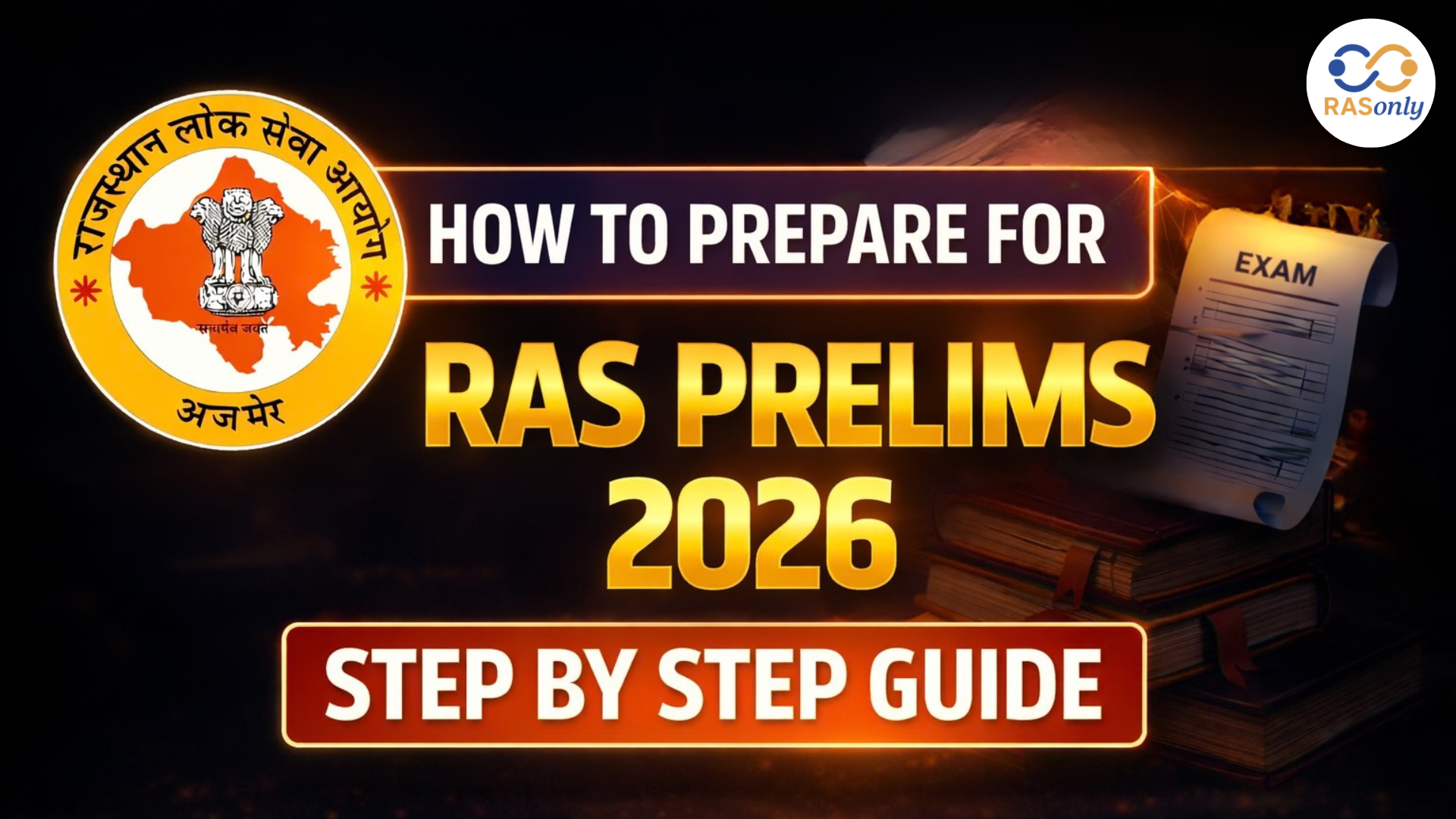RPSC RAS 2026 Subject Wise Exam Pattern for Prelims, Mains & Interview Details
- >
- RAS Preparation Resources
- >
- Foreign Travellers in India
Foreign Travellers in India

Get in Touch with RASonly!

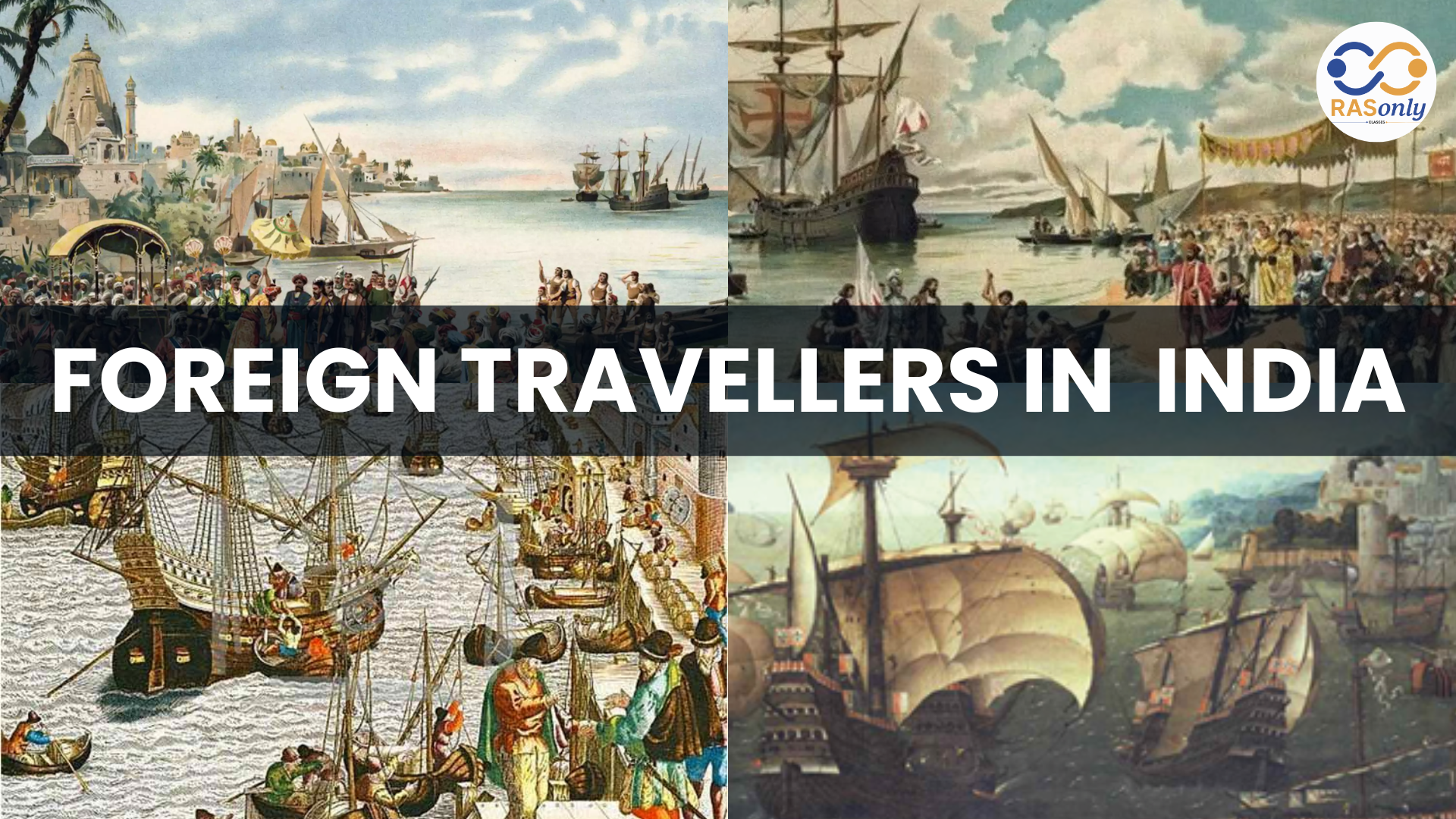
India has always developed interest in the minds of the world with its ancient civilization, rich culture, prosperous trade and place of spiritual eminence. Since the Mauryan period the subcontinent has been visited by a variety of foreign visitors, including Greek envoys in the first millennium AD, medieval Chinese monks, European traders, and Scotchmen. Such foreigners availed their experiences in travelogues that have become prominent historical sources today. They have given detailed descriptions of the governance, religion, economy as well as society of India. Even though they have a shortcoming, their input will play a very important role in the reconstruction of the historic past of India.
Key Details for RAS Mains
Reason for visiting
- Religious: Chinese monks such as Fa-Hien and Hiuen Tsang arrived in order to learn Buddhism.
- Trade: Marco Polo, Tavernier and Niccolin de Conti explored India to buy the flourishing markets.
- Diplomacy: Abdur Razzaq and Megasthenes were ambassadors arriving at royal courts.
- Cultural Learning: Indians science, literature and philosophy were studied by scholars such as Al-Beruni.
- Writings: Geography, society and politics were documented by Ptolemy, Bernier and others.
Ancient Travellers
|
Name |
Country |
Period |
Contribution |
|
Megasthenes |
Greece |
302–298 BCE |
Ambassador to Chandragupta Maurya wrote Indika. |
|
Deimachus |
Greece |
3rd century BCE |
Ambassador to Bindusara’s court. |
|
Fa-Hien |
China |
405–411 CE |
A Buddhist monk wrote about Gupta-era India. |
Medieval Travellers
|
Name |
Country |
Period |
Contribution |
|
Hiuen Tsang (Xuanzang) |
China |
630–645 CE |
Wrote Si-Yu-Ki, studied at Nalanda, visited Harshavardhana’s court. |
|
I-Tsing |
China |
671–695 CE |
Studied Buddhist monastic life. |
|
Al-Beruni |
Persia |
1024–1030 CE |
Author of Tahqiq-i-Hind; expert in Indian science, religion. |
|
Ibn Battuta |
Morocco |
1333–1347 CE |
Judge in Delhi; wrote Rihla on Sultanate life. |
|
Marco Polo |
Italy |
1292–1294 CE |
Described South Indian trade and rulers. |
Travellers During Vijayanagara & Mughal Periods
|
Name |
Country |
Period |
Contribution |
|
Niccolò de’ Conti |
Italy |
1420–1421 CE |
Observed Vijayanagar’s society and customs. |
|
Abdur Razzaq |
Persia |
1443–1444 CE |
Described Calicut's trade and Zamorin’s court. |
|
Duarte Barbosa |
Portugal |
1500s |
Wrote on caste system and trade in Kerala. |
|
Domingo Paes |
Portugal |
1520–1522 CE |
Witnessed Krishnadeva Raya’s rule. |
|
Jean-Baptiste Tavernier |
France |
1638–1668 CE |
Travelled across Mughal India; detailed diamond trade. |
|
François Bernier |
France |
1656–1669 CE |
Described Aurangzeb’s court and Mughal decline. |
Foreign Travellers Contributions
- Documented Indian history, government and community.
- Maintained religious and philosophical ideas by translations.
- Also wrote about architecture, urban life and court manners.
- It has illuminated the role of India in worldwide trade as well as the maritime system.
- Provided comparative views on the East and the West.
Drawbacks to their Accounts
- Cultural bias: Evaluated Indian customs via Eurocentrist prism (e.g. Manucci).
- Language barrier: Misconstructions of words and practices.
- Topicality: Whereas controlled royal courts were mainly seen, rural life was not.
- Oversimplified opinions: Did not understand the complexity of caste, or the diversity of every region.
Conclusion
The reports of the foreign travellers can be viewed as the windows to the historic landscape of changing India. They are not bias-free, but they also supplement indigenous sources and help us know more about ancient and medieval India. Their literature is essential to history, archeology and cultural studies
Post Category
- RAS Salary
- Result
- RAS Admit Card
- RAS Job
- RAS Cutoff
- Preparation Tips
- RAS Answer Key
- RAS Exam Analysis
- RAS Syllabus
- RAS Previous Year Papers
- RPSC RAS Exam Pattern
- RAS Interview
- RAS Mains Exam Date
- RAS Vacancy
- RAS Test Series
- RAS Best Books
- RAS Preparation Resources
- RAS Coaching Centre
- History
- Polity
- Geography
- Economics
- Science
- Art and Culture
- RPSC RAS Application Form
- RPSC RAS Notification
RASonly Interview Guidance Program

Mr. Ashok Jain
Ex-Chief Secretary Govt of Rajasthan
- IAS officer of the 1981 batch, Rajasthan cadre.
- Passionate about mentoring the next generation of RAS officers with real-world insights.
- Got retired in Dec 2017 from the post of Chief Secretary of the state of Rajasthan.

Mr. Guru Charan Rai
Ex-ASP / SP in Jaisalmer
- Guru Charan Rai, IPS (Retd), retired as Inspector General of Police (Security), Rajasthan, Jaipur in 2017.
- Served as ASP and SP in Jaisalmer, Nagaur, Sri Ganganagar, Sawai Madhopur, Dausa, Sikar, and Karauli.
- He also held key positions as DIGP and IGP in the Law and Order division.

Mr. Rakesh Verma
Ex-IAS Officer, B.Tech, MBA, and M.A. (Economics)
- IAS officer of the 1981 batch and retired in Chief Secretary Rank.
- Civil servant of high repute and vast experience.
- Has been teaching UPSC CSE subjects for the last six years.
Related Post
Daily Current Affairs for RAS Exam Preparation 2026
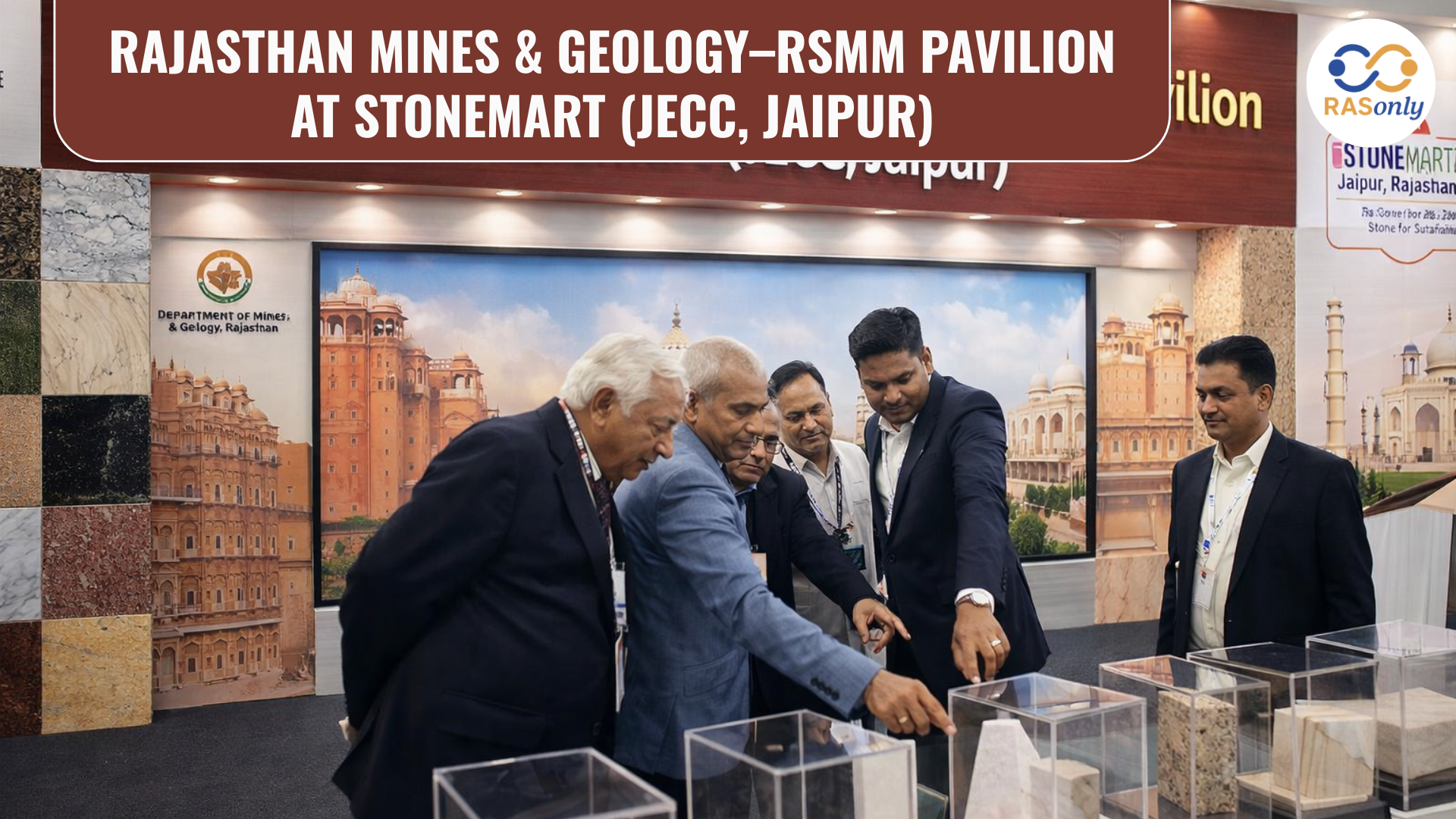
Rajasthan Pavilion Shines at Stone Mart Jaipur 2026
February 07, 2026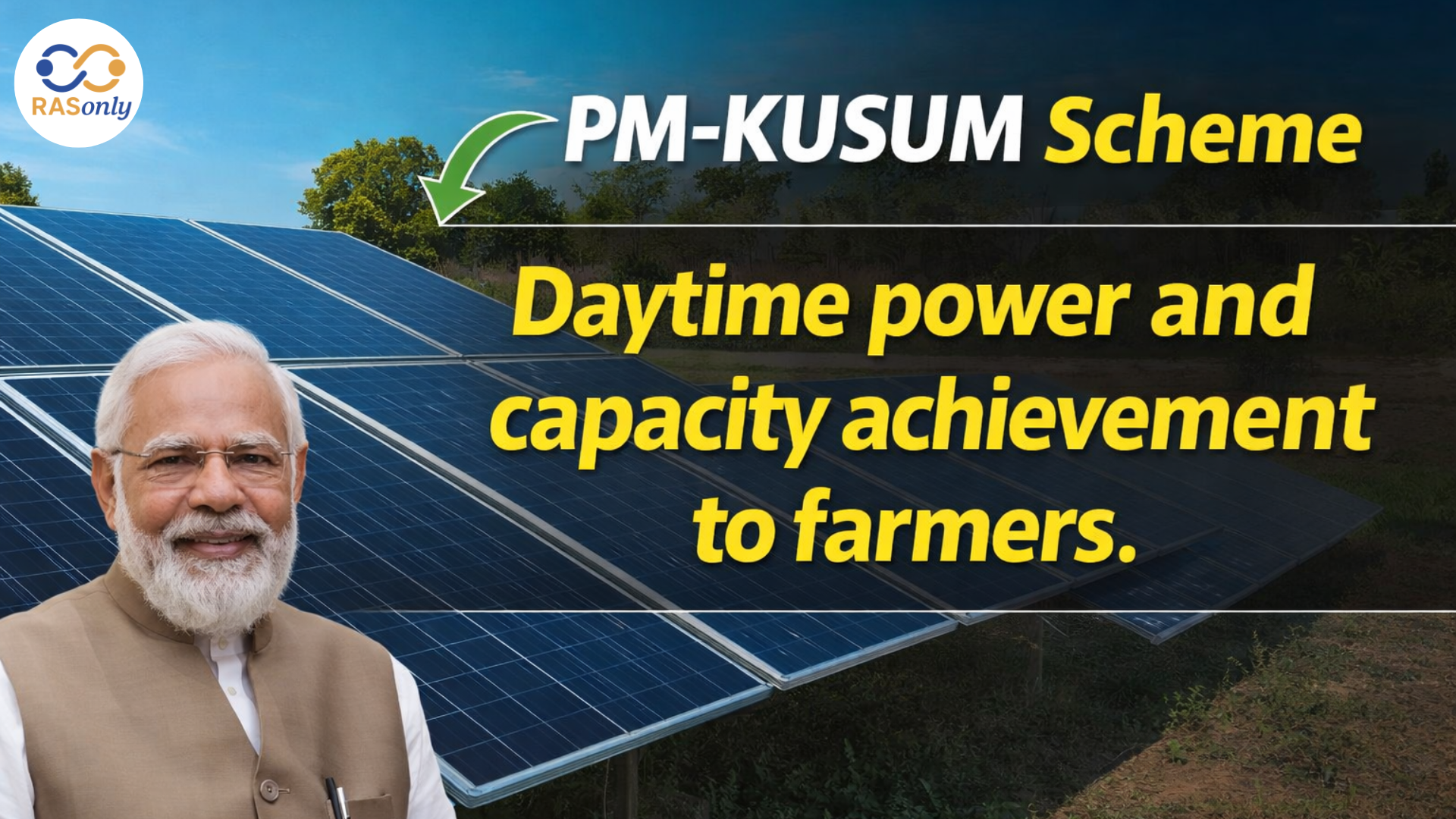
Rajasthan Achieves 3,000 MW Under PM-KUSUM Scheme
February 07, 2026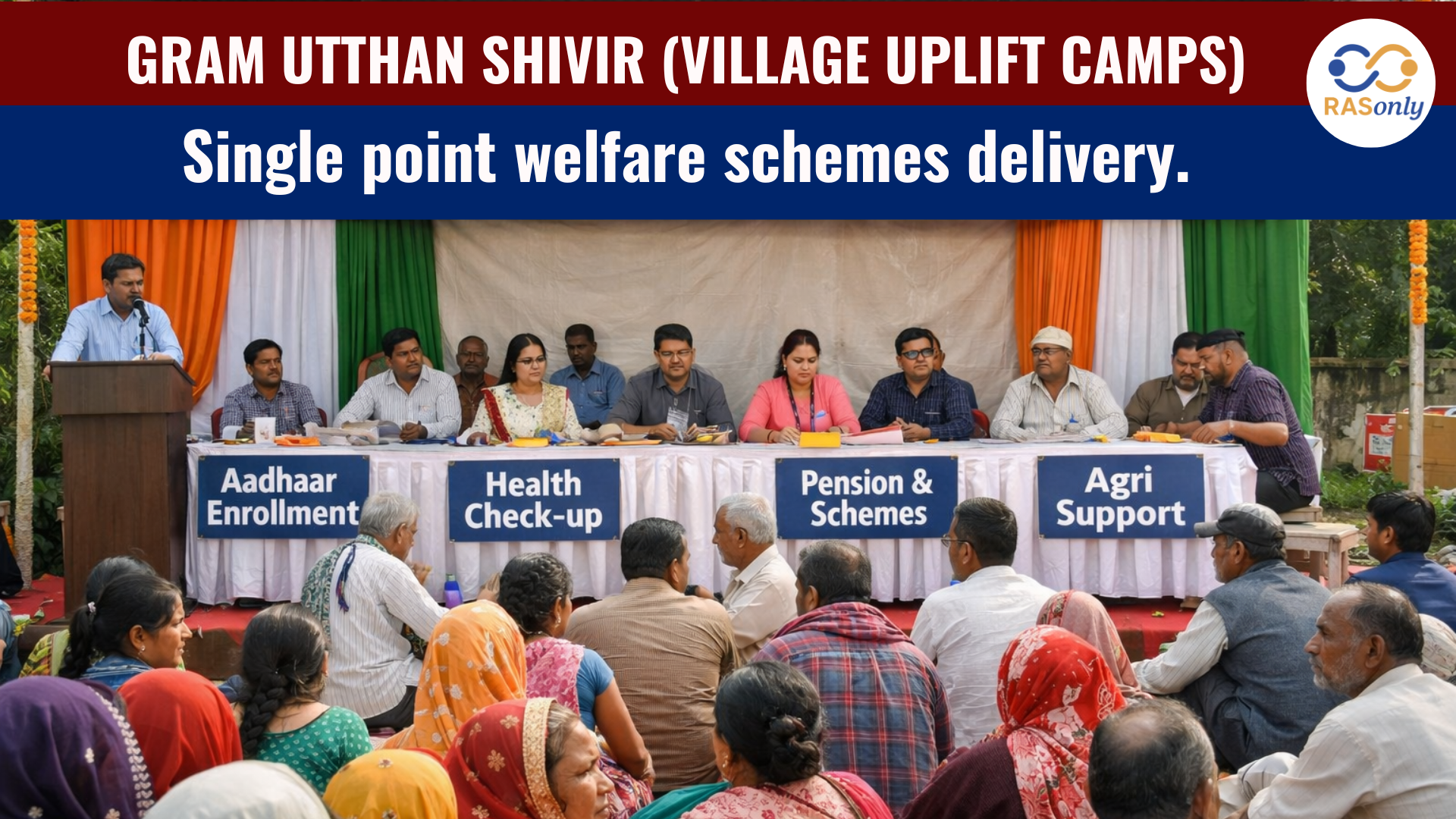
Gram Utthan Shivirs Strengthen Rural Governance in Rajasthan
February 07, 2026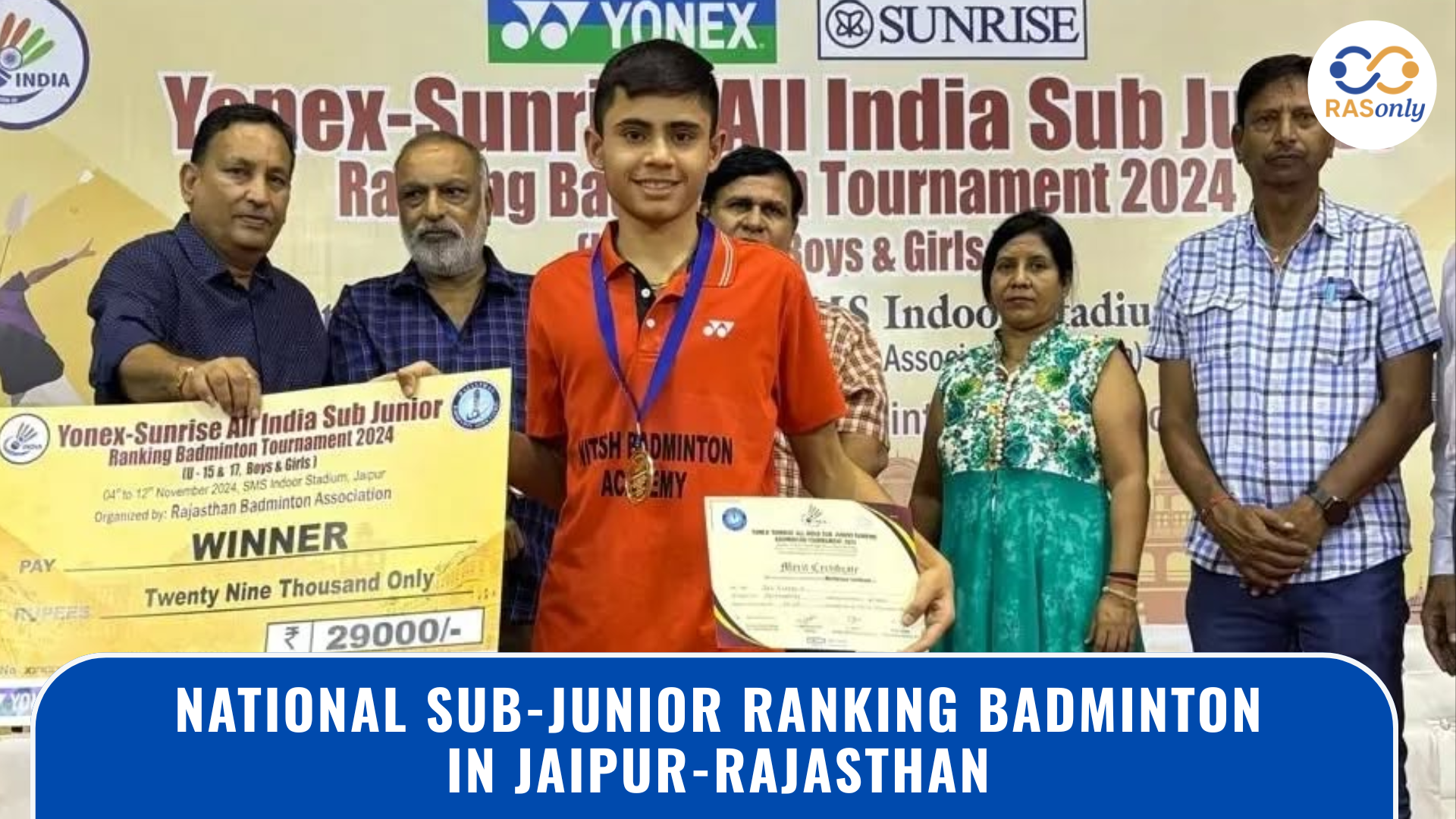
Jaipur Badminton: 72-Minute U-15 Final Creates Record
February 06, 2026👉🏻 Register Today to Join Classes! 👍🏻
- Team RASOnly -
🎯 Benefits of RASOnly Coaching:
- ✅ 1:1 Mentorship with RAS Officers
- ✅ Experienced and Expert Faculty
- ✅ Free Library Access
- ✅ Daily Minimum 4 Hours Must
- ✅ Comprehensive Study Material
- ✅ Regular Tests & Performance Analysis
- ✅ Personalized Guidance & Doubt Solving
- ✅ Online & Offline Class Options
- ✅ Affordable Fees with Quality Education
Key Highlights:
- 👉🏻 3-Day Refund Policy
- 👉🏻 New Batch Starting from 04 August
- 👉🏻 Registration Amount: Only ₹1000




